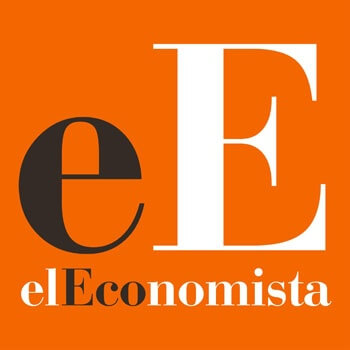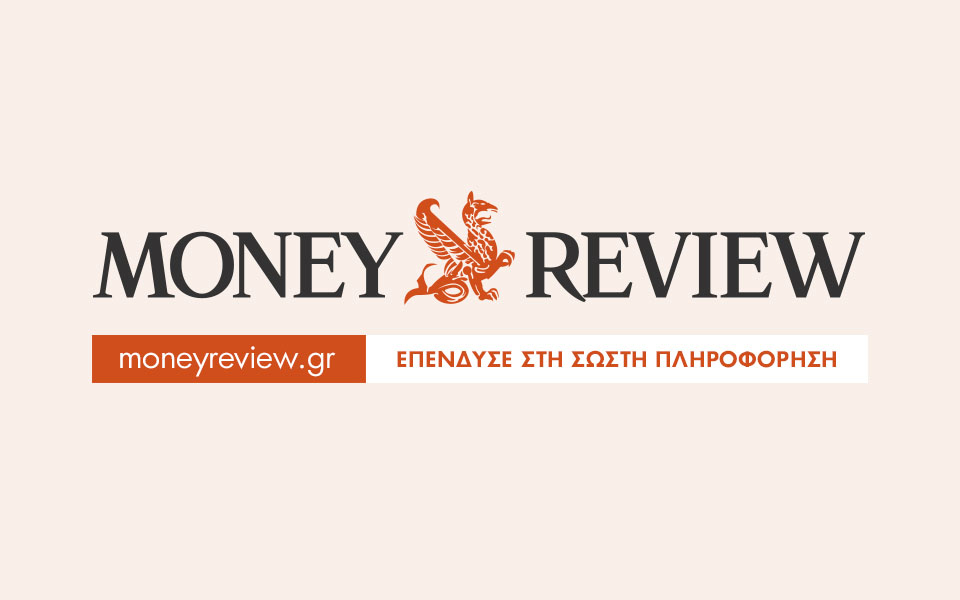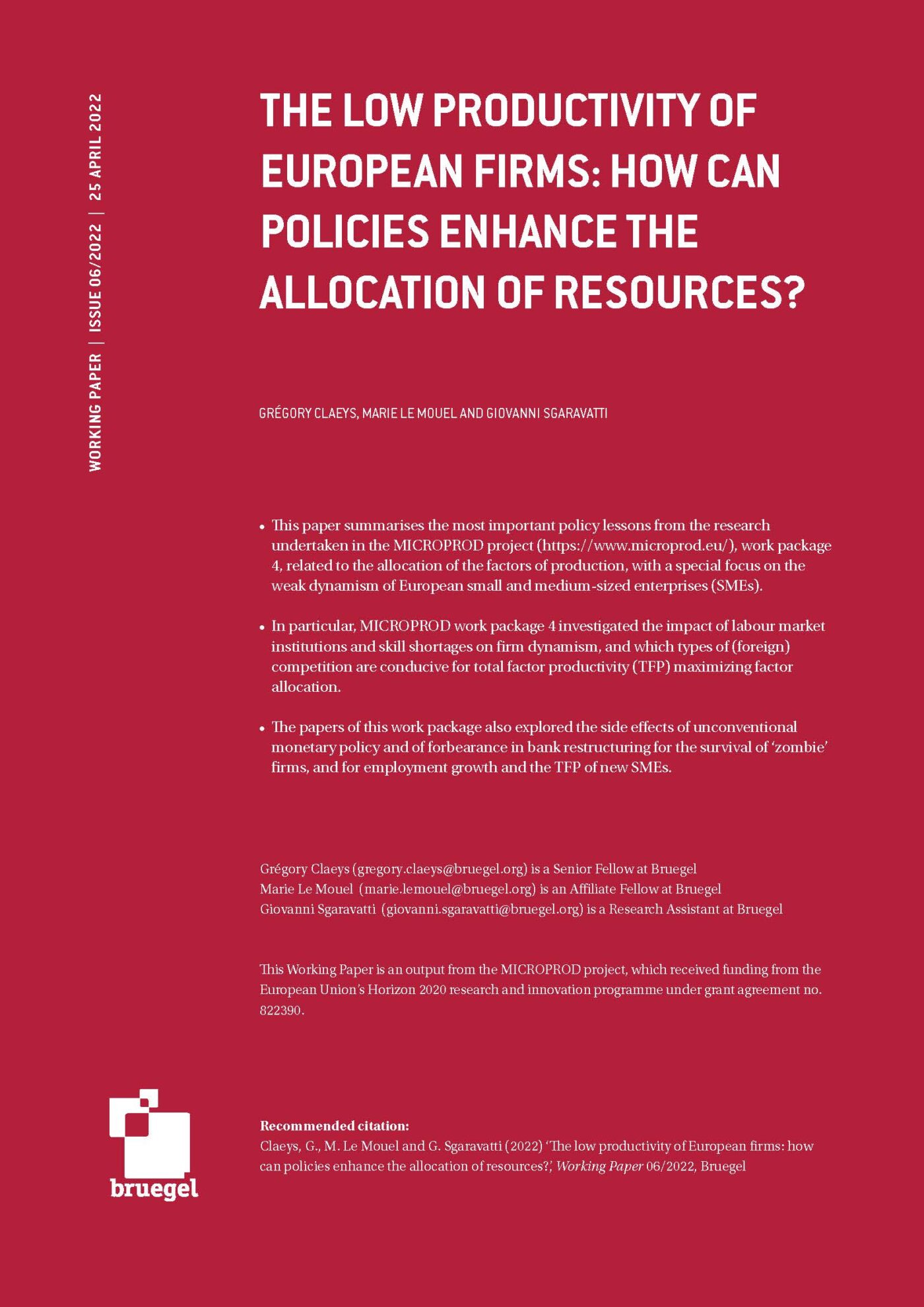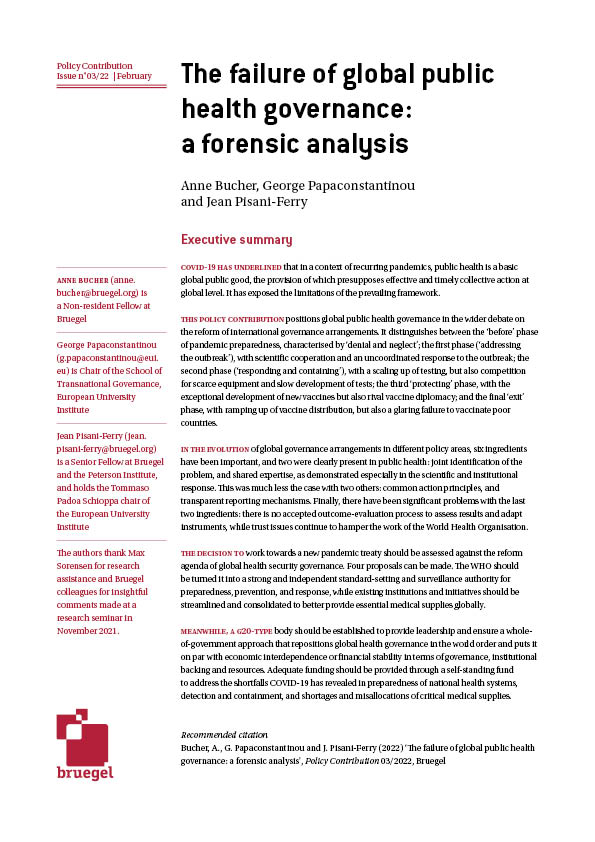Opinion
The pandemic’s uncertain impact on productivity
The pandemic has certainly permanently affected our way of working. Whether this is for the better remains to be seen.
A Greek language version of this piece was published in the Money Review section of Kathimerini and a Spanish version is forthcoming in El Economista.

Support provided to firms to protect economic activity and employment during the pandemic has been unprecedented in most European Union countries. This has helped sustain employment at pre-pandemic levels, as the blue line in figure 1 indicates.
But even if jobs might have been protected, the pandemic has undoubtedly affected the way work is done. Many workers have switched to telework and businesses have had to adapt to continue trading. The graph also shows that for those with higher levels of education, the pandemic has even created greater opportunities, with their employment rate rising. But this does not necessarily mean that overall the EU economy will be more productive in the future. The emerging evidence on the productivity impact remains inconclusive.
There are some reasons for optimism. Forced into a sudden and prolonged shutdown of the economy, about three-quarters of firms say the pandemic has helped them become more efficient and innovative. Nine out of ten firms have sped up the adoption of digital technology and automation and have therefore increased their overall agility. Coupled with massive macroeconomic support this has the potential to boost productivity. One survey found that this could lead to about one percentage point additional productivity growth over the next few years over previous expectations.
The prospect of teleworking has also the potential to increase productivity by allowing more flexibility. Many see advantages arising from greater overall flexibility, less commuting time and increased connectivity. In some professions, the potential for teleworking is enormous.
However, there are also pitfalls. Not all jobs are suited for teleworking or more flexible working. This is true at the individual level, where one must take into consideration an employee’s tasks, role and personal preferences. But it is also true at the collective level, if there is high interdependence of tasks. In more hybrid working environments, many issues will have to be rethought, including how to best coordinate tasks, manage teams and provide equal career opportunities for all. It remains to be seen whether this will lead to overall increases in productivity.
Other indicators suggest expectations of the pandemic’s effect on overall productivity should be more pessimistic, not least because of the costs firms had to face at the outset of the pandemic. Despite the support given, many firms will exit the crisis with larger debts. Evidence from the United Kingdom shows that these short-run costs could lead to a productivity reduction of 1% for years to come, compared to pre-pandemic estimates.
Furthermore, there have been clear winners and losers from the pandemic. Digital technology and pharmaceuticals, for example, have seen their activities boom. On the other hand, hospitality, tourism and also energy have come to partial or complete standstills. In addition, the winners of the pandemic, such as IT and digital services, are also those with high concentration power. Unless counteracted, this power would work against innovation and productivity in the future. Similarly, households at opposite ends of the income distribution have weathered the pandemic very differently, leading to possible scarring effects.
Then there is the question of how integrated global trade will remain. The pandemic has provided some justification to the idea of repatriating certain parts of production, thus reducing the length of global value chains. Sometimes forces of protectionism are behind this, but it can also be the wish to increase resilience. Either way, this process will lead to an increase in overall costs and will reduce competitiveness.
Last, there are a number of societal implications that will put a pressure on labour productivity. School and university closures have meant loss of education, particularly for the most vulnerable in society. A September 2020 OECD study suggested that students affected by school closures during the pandemic may earn as much as 3% less over their lifetimes, unless measures are put in place for catching up. This translates to an average of 1.5% lower long-term growth in nations where these closures were the most marked. These numbers are worse for certain segments of society, like the lower educated.
The pandemic has certainly permanently affected our way of working. Whether this is for the better remains to be seen.
Republishing and referencing
Bruegel considers itself a public good and takes no institutional standpoint.
Due to copyright agreements we ask that you kindly email request to republish opinions that have appeared in print to [email protected].










